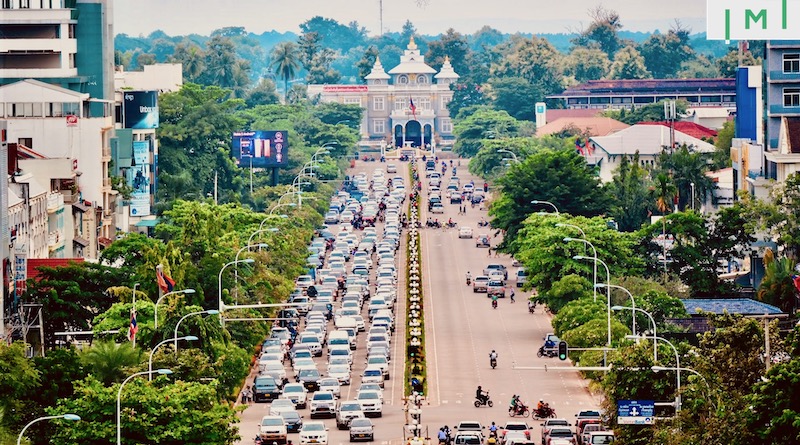Laos to Grant Honorary Citizenship to Those Who Invest and Donate US$1.5 million
Laos plans to grant honorary citizenship to foreigners who – prior to applying – invest US$1 million in the country as well as donate US$500,000 towards “socio-economic development,” according to reports in The Laotian Times.
The news comes on the heels of the gazetting of Decree No. 14 of 2022 (Lao language only), which states that investors approved under the program will
- Be exempt from entry and exit restrictions in Lao and be able to settle permanently in the country
- Be allowed to “purchase land on a state-owned property for a specified period and lease both state and privately-owned land”
Note that all land in Laos is owned by the state, so purchasing land “for a specified period” implies long-term usufruct, similar to the Chinese system.
Investors must submit their applications to the Ministry of Foreign Affairs – or at a Laotian consulate or embassy in their home country – which, in turn, forwards the applications to the Ministry of Justice for processing. The Ministry will then have 30 days to review and evaluate the application before turning it over to the government for final approval.
Questions have arisen in the past regarding the value of honorary citizenship, which – technically speaking – isn’t citizenship. The distinction can become a critical one for purposes of travel: Border unions like Schengen or Mercosur, or individual countries, typically apply visa restrictions or visa-waivers to the nationals (i.e., citizens) of particular countries. The manner in which nationality is typically demonstrated at a border is through the travel document, such as a passport or ID card. An honorary citizen may be issued a passport and, in many cases, border agents will accept this as proof of nationality. Strictly speaking, border agents need not admit passports issued to honorary citizens but, in practice, they usually do because most honorary citizenships are not marked as such.
In any case, it is unlikely that those who apply for honorary citizenship in Laos under the new policy are doing it for the visa-free travel it affords; Laotian passport holders have visa-free access to only 51 countries and territories, much fewer than the 80 destinations open to, for example, Chinese nationals, who are thought to be the main target demographic for the new program. The government also hopes the program, which would give Chinese investors widened abilities to enter into multi-decade land-use agreements, will engender more development projects in the capital-hungry country.
In its Decree, the government indicated the program had been introduced partly to “recognize the outstanding contribution that foreigners have made to socio-economic development in Laos,” indicating the policy is aimed primarily at those already engaged in investment activities in the country. Considering the wide range of citizenship by investment programs available at one-tenth the cost in countries that offer higher-quality nationalities, Laotian citizenship will likely serve more as an incidental bonus for investment that would have taken place in any case than as a means to attract investment that would not otherwise have found its way to the country.


